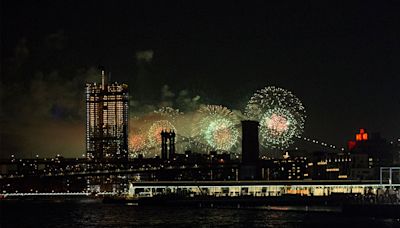Search results
The Great War ( Italian: La grande guerra) is a 1959 Italian comedy-drama war film directed by Mario Monicelli. It tells the story of an odd couple of army buddies in World War I; the movie, while played on a comedic register, does not hide from the viewer the horrors and grimness of trench warfare.
The Great War: Directed by Mario Monicelli. With Alberto Sordi, Vittorio Gassman, Bernard Blier, Folco Lulli. The Italian Army fought against the Austrians during World War I.
- (4.6K)
- Comedy, Drama, War
- Mario Monicelli
- 1959-10-28
Clinging to life while sieged by death by all sides. Like most Monicelli "serious" films it benefits from his background in comedy and is packed with well-imagined incident. It is close in spirit to pre WWII big humanist war epics, but with stronger undercurrent of sickness. War here is a big conspiracy towards a death spiral.
- (3.1K)
- Gray-Film, Dino De Laurentiis Cinematografica
- Mario Monicelli
Oreste from Rome and Giovanni from Milan meet each other during the call to arms at the start of World War I. Although completely different in character, they are united in their lack of idealism and their desire to avoid any danger in Mario Monicelli’s tragicomic masterpiece.
Dec 13, 2019 · 2019. R. Saban Films. 1 h 48 m. Play Sound. This video file cannot be played. (Error Code: 102630) Summary During the final days of World War I, a regiment of daring African-American Buffalo Soldiers is trapped deep behind enemy lines.
- Steven Luke
- Bates Wilder
The Great War is a 1959 Italian comedy-drama war film directed by Mario Monicelli. It tells the story of an odd couple of army buddies in World War I; the movie, while played on a comedic register, does not hide from the viewer the horrors and grimness of trench warfare.
The film is an ironic account of life in the trenches on the Italian front of World War I and the vicissitudes of a group of comrades fighting there in 1916. It is narrated in a simultaneously neorealist and romantic idiom, combining typical features of Italian comedy with attention to historical detail.





